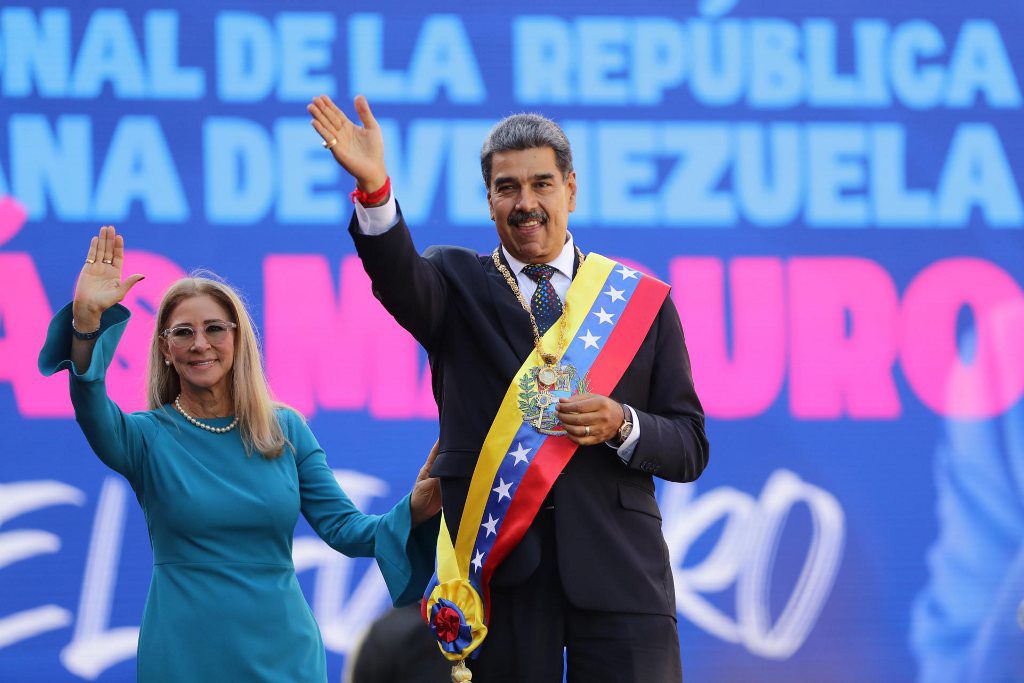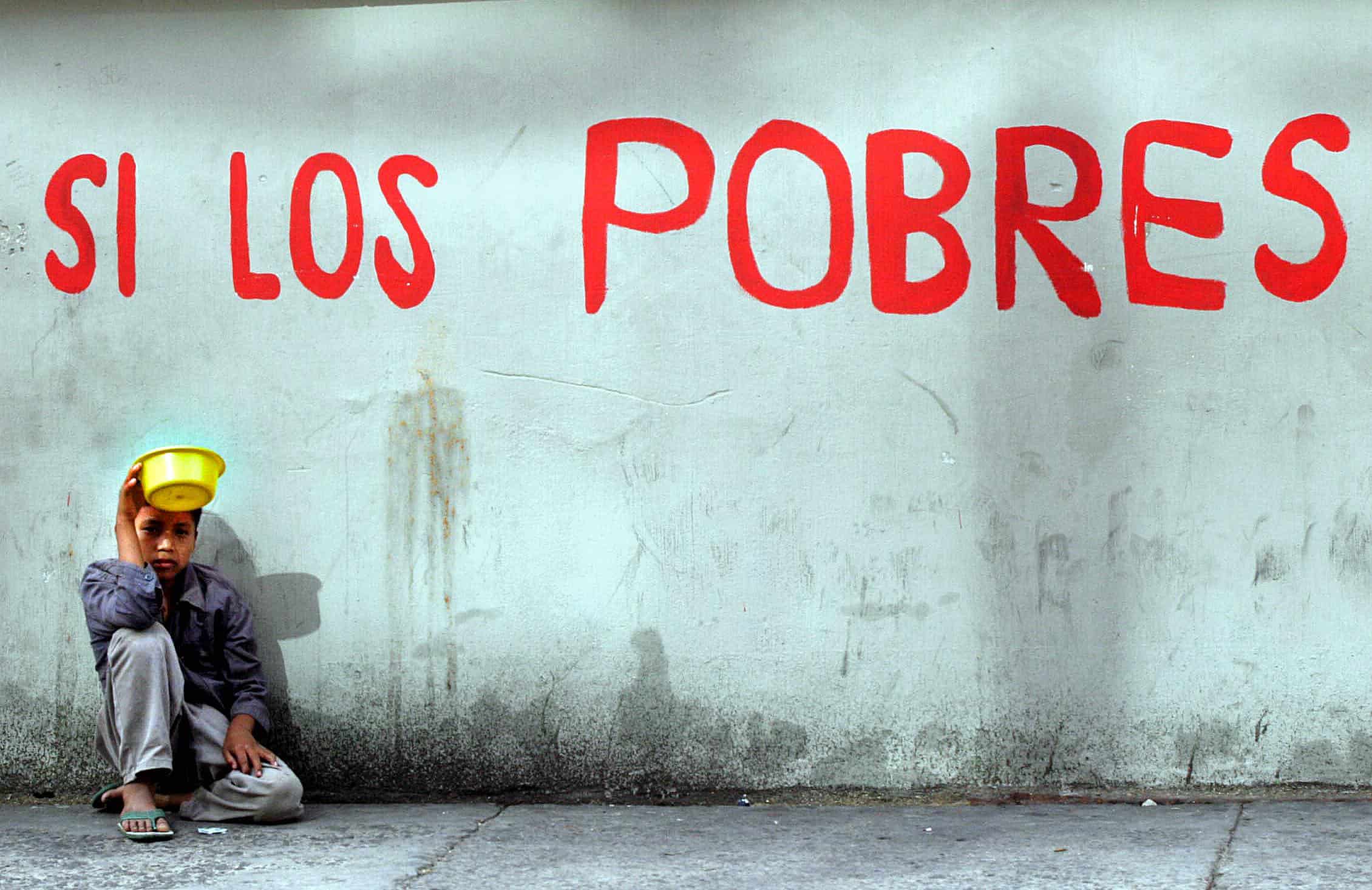QCOSTARICA — If you have loans in colones, you will have to wait until next year to feel relief in the payment of your installments since interest rates will not drop until the first quarter of 2025, or even a few more months, according to estimates by several financial experts.
The Banco Central de Costa Rica (BCCR) – Central Bank – recently announced that the reduction of the monetary policy rate will be maintained in a staggered.
It also announced that there will be “prudence” in reducing this reference index for the entire banking system and that it basically serves to determine the interest rates charged on loans.
– Advertisement –
The news released by the United States Federal Reserve (FED) to reduce, starting in September, the interest rates in that country, will have a positive impact for debtors and savers in Costa Rica, but not immediately.
Jerome Powell, the chairman of the Federal Reserve, said that inflation is close to being defeated and that the labor market is cooling, so it is almost certain that in September the reference rate will be lowered by at least a quarter of a point.
Once this news is confirmed, we must wait for the BCCR to make the decision to lower the local monetary policy rate and for the financial system to adjust the rates it charges for loans (active rates).
For now, caution will continue, according to Roger Madrigal, president of the BCCR, convinced that there are external risks, such as high inflation in the main world powers and the war between Russia and Ukraine.
“The Central Bank has decided to keep interest rates high throughout this year, due to high inflation in the world, and this will continue for at least eight more months. Another reason that is having an impact is that it intends to prevent investors from making changes to their portfolios seeking to convert the currency into dollars,” said Gerardo Corrales, economist at Economía Hoy.
This panorama causes a lot of uncertainty to continue for both consumers and companies, which will have to adapt to an environment of high interest rates in the face of a conservative stance by the Central Bank.
– Advertisement –
A drop in interest rates increases economic activity by promoting loans and boosting investment and consumption.
In addition, families, businesses and the State, which have debts with variable interest rates, will see their finances benefit from having to pay lower installments for their loans.
The pressures for the Central Bank to reduce the monetary policy rate are very strong on the part of the private sector, with the aim of increasing their investments and doing new business.
The drop in interest rates will also have an impact on the exchange rate and distortions will be corrected, but clearly this will not happen overnight and could take at least eight to nine months, and even reach approximately ¢580 colones, said Daniel Suchar, independent financial analyst.
– Advertisement –
Domino effect
The decline in interest rates in the United States will be felt gradually in Latin America and especially in Costa Rica.
Financial experts agree that a faster decrease in the monetary policy rate could lower the cost of borrowing, which could benefit the dynamics of credit.
“Various sectors consider that with inflation that remains at negative values for 12 months, a faster decrease by the BCCR would be justified,” according to Luis Alvarado, economic and stock market analyst at Acobo.
Rodrigo Cubero, Former President of the Central Bank, said “If the FED changes the rate downwards, it is very likely that the (Costa Rica) Central Bank will be willing to continue lowering its rate, but very gradually. This process, however, will be slow, while interest rates in dollars should show a downward trend in the next 18 months”.
“The fact that the Federal Reserve has not made further increases indicates that we could already be at the ceiling of increases and although it could go down, they will remain high for the rest of the year, due to risks such as the price of oil and we must also wait to see if Donald Trump wins, this would leave negative implications for Costa Rica in trade, investment and security,” according to Alberto Trejos, Costa Rica’s Former Minister of Commerce.
– Advertisement –
Source link
Rico



